Dedicated liaison roles ‘instrumental’ for police forces to build trust with sex workers, research finds

A new study has found that only 3.5% of reported cases of violence against sex workers in Gwent lead to a criminal conviction, but a dedicated liaison officer could help rebuild trust between the police and sex workers, researchers at the University of the West of England (UWE Bristol) suggest.
Produced in partnership with Gwent Police and Cyfannol Women’s Aid, UWE Bristol researchers – Dr Jane Nolan, Senior Lecturer in Criminology and Duncan McPhee, Associate Professor of Criminal Justice - explored the nature of violence against sex workers in Gwent and what the current challenges are in a criminal investigation where the victim is a sex worker.
A total of 86 reports of violence or the threat of violence where the victim is a sex worker were examined for the study and it was discovered only 7% resulted in charges, half of which led to criminal convictions.
In addition, 15 sex workers in Gwent were interviewed, with 14 sharing experiences of violence by a client. Eight had reported at least one of their experiences to the police while five had never reported any of the negative incidents they had experienced. Many cited distrust, fear of repercussions and negative past experiences, and those that did report to the police said it resulted in no action or negative outcomes.
The research also sought to understand the current relationship between sex workers and Gwent Police and the effectiveness of current processes to mitigate the risk of violence against sex workers in Gwent. The sex work liaison officer (SWLO) was identified as a pivotal figure in the research, bridging the gap between sex workers and the police, repairing the ‘trust-deficit’ and providing trauma-informed support, which was repeatedly cited as ‘transformative’.
Duncan McPhee at UWE Bristol said: “In building trust between sex workers and the police, our research has shown that the role of the sex worker liaison officer is instrumental. This is important given that only a small number of police forces across England and Wales have officers formally deployed in this role. Although this research focused on the experiences of sex workers in Gwent, we believe the learning from this work will be really valuable for police forces nationwide.”
In addition to highlighting the impact of the SWLO role, the report makes a range of recommendations as to how Gwent Police can further improve its response to violence experienced by sex workers. These related to bespoke training on sex work and adult sexual exploitation, alongside potential changes to existing crime recording protocols and risk assessment processes.
Detective Superintendent Michelle Chaplin at Gwent Police said: “I am pleased that this research recognises the positive impact that the sex worker liaison officer role has on fostering relationships between sex workers and our officers, and the cultural shift towards a more trauma-informed approach within policing.
“Tackling violence against women and girls is a key priority for us and we are proud to have taken part in this vital research to help better understand the relationship and challenges officers and sex workers face when interacting with each other.
“We remain dedicated to improving our service, working with partners to ensure that we are not only securing justice for victims but also we are protecting and supporting vulnerable people.”
Amy Jones, Exploitation Service Manager at Cyfannol Women's Aid said: “We are proud to have contributed to this important research, which gives a platform to women whose voices are too often unheard. Building trust with women who have experienced sexual exploitation requires a trauma-informed approach across all agencies. We’re committed to working collaboratively with Gwent Police and other partners to ensure best practice is shaped by the voices, needs, and lived experiences of the women we support. This work is a vital step in that direction.”
Read the full report here.
Related news
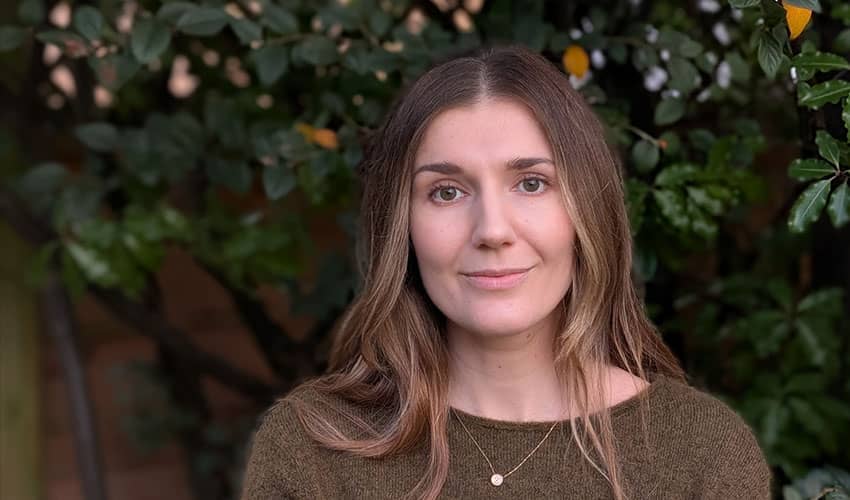
16 February 2026
UWE Bristol researchers awarded grant to explore impact of asset recovery on offenders
UWE Bristol academics have been awarded funding to explore of the impact of asset recovery on deterring offender behaviour and disrupting crime networks.

17 December 2025
Findings revealed from first UK study into experiences of mothers who are survivors of rape pregnancy
UWE Bristol academics have revealed the findings of the first UK-based study of the experiences of mothers who are survivors of rape pregnancy.
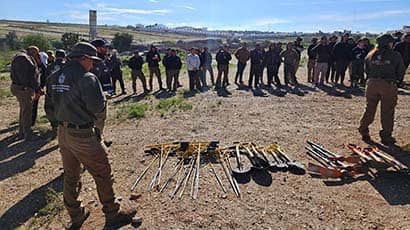
07 October 2025
Academic playing role in project to find hidden graves in Mexico using drone technology
A UWE Bristol lecturer is playing a part in a project using drone technology to locate concealed graves in Mexico.

11 September 2025
New study to investigate augmented reality as an intervention for emotionally based school avoidance
A UWE Bristol researcher will support a new study exploring whether an augmented reality board game can help young people with emotionally based school avoidance (EBSA).

17 July 2025
Want social change? A deeper understanding could be key, study suggests
New study suggests a deeper understanding of social change could help close the gap between challenges and actions, especially on issues like climate change.
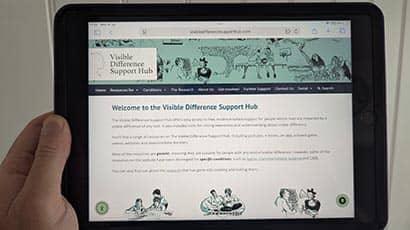
16 July 2025
Researchers launch support hub for people with visible differences and their families
A first of its kind website offering evidence-based psychological support for people with visible differences and their families has been launched by university researchers.

25 April 2025
Opinion: ‘Where is the vision in the WECA mayoral race?’
Dr Thom Oliver, senior lecturer in politics, gives his expert opinion as voters prepare to head to the polls to elect a new WECA mayor on 1 May.
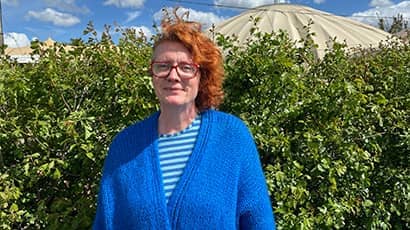
16 April 2025
UWE Bristol academic paper named as one of this century’s most-cited
A UWE Bristol academic has co-authored the third most-cited academic paper of this century, according to new analysis released by research journal Nature.

30 January 2025
Women exercising in gyms face barriers including body image and harassment, study finds
Women exercising in gyms often feel judged for their appearance and performance, leading to a persistent sense of inadequacy, according to a new study.
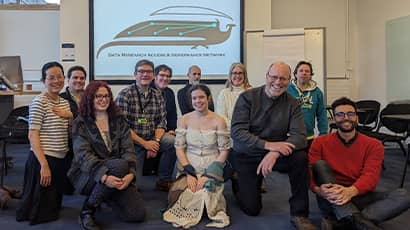
10 December 2024
ONS Research Excellence award win for UWE Bristol data research group
UWE Bristol’s Data Research, Access, and Governance Network (DRAGoN) has won the Organisational Excellence Award at the 2024 Office of National Statistics (ONS) Research Excellence Awards.

15 November 2024
Global body confidence education project supported by UWE Bristol reaches 20 year milestone
A global initiative supported by UWE Bristol to build body confidence and self-esteem for the next generation of young people has celebrated its 20th anniversary.

17 June 2024
Opinion: Stats, leaflets, and claims - how to navigate the political battlefield
As political leaflets begin to clog the letterboxes of homes across the UK, how can you discern the truth amidst the claims made by the political parties?






